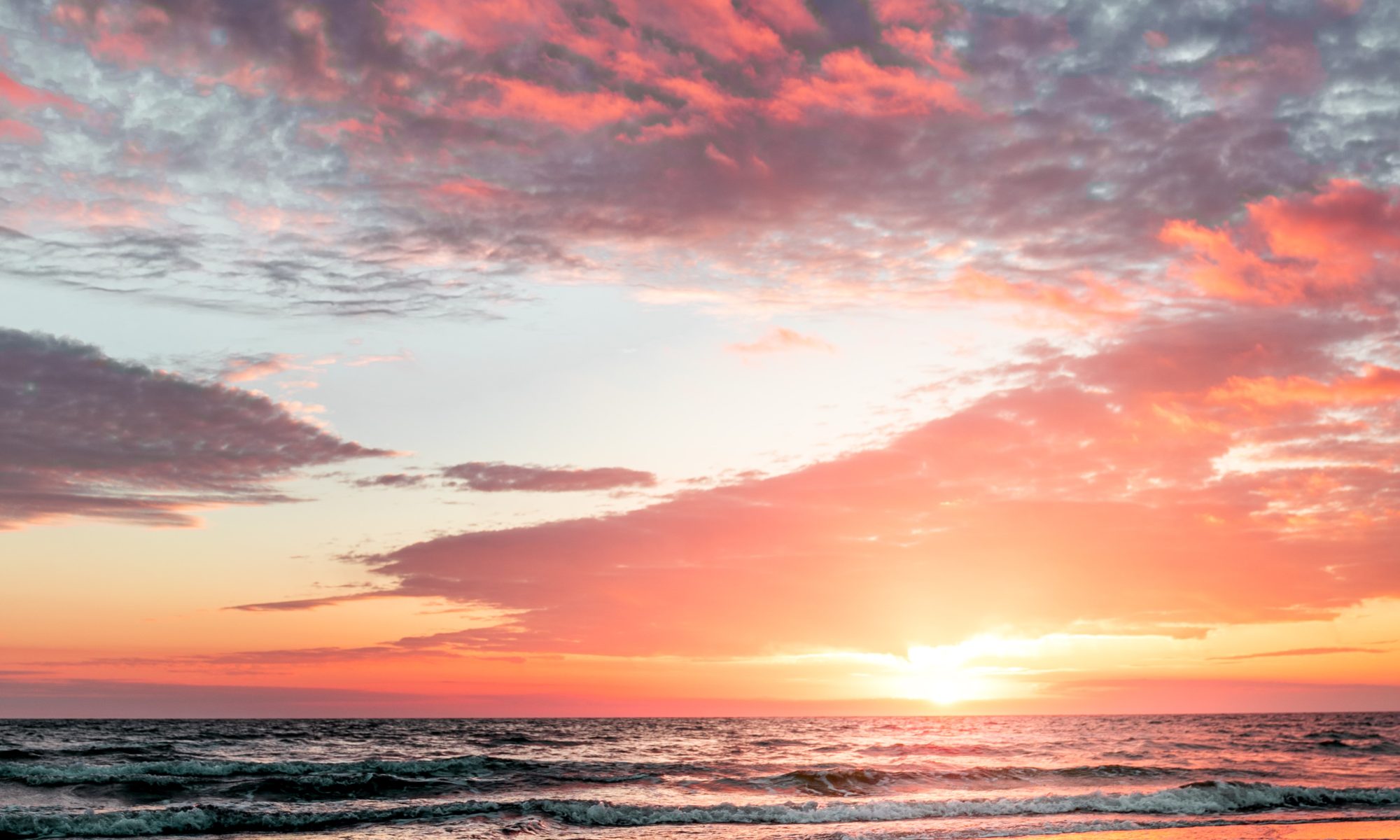Sun, Sea & Energy Efficiency – a Conference With a View
Sun, Sea and Energy Efficiency: a Conference With a View
Adria Martin Vilaseca (ERBE CDT student) and Nicole Watson (LoLo CDT student)
Every two years a group of over 400 people meet in a resort in Hyères in the South of France for 5 days. The aim is not only to enjoy the weather and the nice views of the Mediterranean sea but to discuss and present the most recent research in energy policy and energy efficiency. This event is known as the ECEEE summer study and has been organised by the European Council for an Energy Efficient Economy since 1993. The conference is well-known in the field but its uniqueness comes from its broad approach, mixing academics, industry and policy-makers, and its relaxed environment. It is attended by people from all over the world with most of the participants coming from different parts of Europe.
This year, LoLo/ERBE students Nicole Watson and Adria Martin Vilaseca attended ECEEE to present their PhD research.
A walk in sunny Hyères
Every morning, nine parallel panel sessions were organised, each focusing on a different topic, ranging from energy demand policies to deep decarbonisation of industry. The presentations were all really inviting and the challenge was to choose which one to attend. For example, we attended an interesting presentation on Smart meter data showing how it is processed and evidencing the difficulties that householders have to access it (despite being collected in their homes). Or an insightful research project that evidenced how under certain conditions air conditioners with lower efficiency can obtain a higher efficiency rating, which led to changes in the Brazilian regulation and challenged the existing ISO standard.
As part of those sessions, Adria presented his paper “Living with demand response: Insights from a field study of DSR using heat pumps”, written together with Jenny Crawley, Michelle Shipworth and Cliff Elwell. The presentation explored how three households in the UK experienced flexibility with heat pumps and it is one of the few field studies on the topic. The presentation triggered an interesting discussion with the audience and evidenced how despite the popularity of demand response we still know little about its real impacts at the household level.
Nicole presented work from her PhD on multiple electricity suppliers, sharing views from expert interviews on the role of energy suppliers in future energy markets. Her paper explored the challenges created by current regulations which allow consumers to have only one electricity supplier at a time, and the innovative energy business models that could be enabled by allowing consumers to have more than one electricity supplier. Her presentation was attended by industry and policy representatives, including attendees from BEIS and from the Australian Energy Efficiency Council.
Every afternoon, participants had a chance to organise informal workshops on a topic of their choice. These ranged from more traditional sessions to discuss researchers’ presentations in more depth, to provocative debates about how to handle billionaires and the super elite in the energy transition. Some of the workshops took a creative format, including a walk through the beautiful paths of Hyères whilst chatting about how to bring energy justice and racial justice together for a progressive research agenda. Along with colleagues Gesche Huebner, Mike Fell, and Sarah Higginson, Nicole organised a workshop on widening participation in energy research, where she spoke about initiatives she has been involved in working with sixth form students from disadvantaged backgrounds.

The UCL team was one of the larger ones (left to right: Mike Fell, Gesche Huebner, Nicole Watson, Peter Roscoe, Katy Janda and Adria Martin Vilaseca)
For both of us, this was our first large international conference since the pandemic. After spending two years working on our PhDs from our bedrooms and kitchen tables during lockdown, the chance to connect with other researchers was like a breath of fresh air. It was fascinating and inspiring to hear about such a diverse range of research topics, both within our fields and outside of them. Another unexpected benefit was hearing about the challenges faced by researchers in different countries, giving us an opportunity to see new perspectives on our own work.
But what makes ECEEE such a unique experience is that everyone lives, eats, and socialises together – so by the time the week was over, we both felt that we had made not only great professional connections, but also new friends. The conference concluded with a party on the beach and a toast to being part of a wonderful research community!

Making use of natural cooling!

